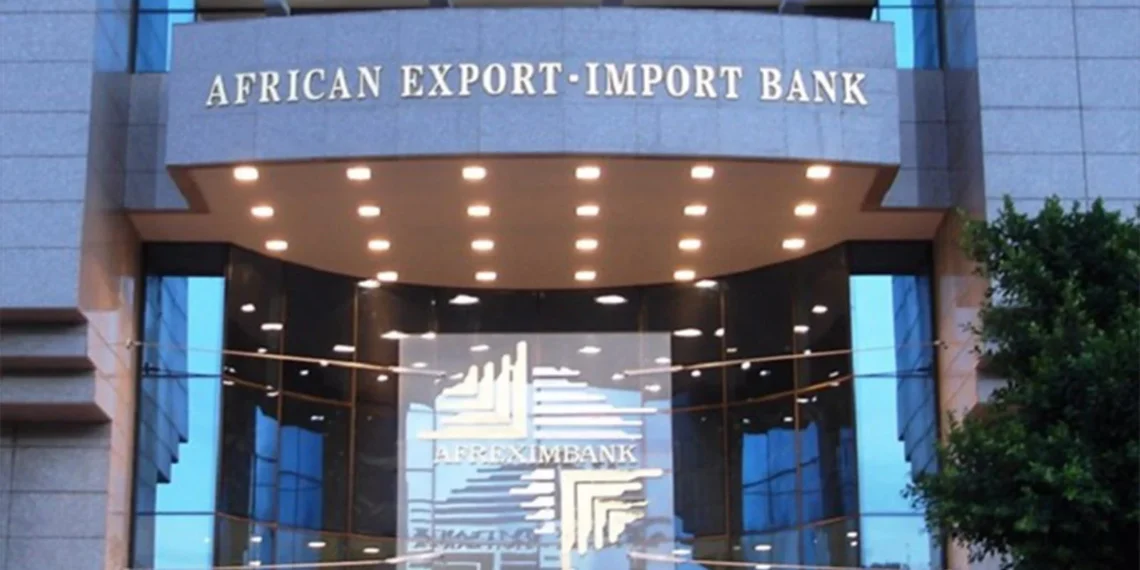South Africa is poised to become a full sovereign member of the African Export-Import Bank (Afreximbank), after its cabinet formally approved the country’s accession to the institution’s foundational treaty. This marks a significant step for Africa’s most industrialised economy, which has until now maintained only partial membership in the bank.
By joining as a sovereign state, South Africa would obtain Class A shareholding status, reserved for African governments and regional financial institutions. This class comes with substantial influence, including participation in Afreximbank’s governance, strategic direction, and leadership appointments. The announcement was made through a government statement detailing cabinet-level decisions, though no specific date was given for when the full membership would take effect.
Afreximbank, headquartered in Cairo and boasting a $35 billion balance sheet, plays a vital role in financing both intra-African and extra-African trade. It was founded in 1993 under the auspices of the African Development Bank during a period of widespread economic turmoil and Afro-pessimism. The institution’s goal was clear: to boost Africa’s development by tackling trade barriers and facilitating regional integration.
“Influence over its strategic direction, structure, and leadership appointments”, the government emphasized, would be among the key advantages of full membership.
Historically, South Africa was excluded from full participation in the bank at its founding due to the apartheid regime. Although the country acquired an unspecified shareholding in 2017, it did not sign the treaty necessary for full sovereign participation. This latest move signals a pivot toward deeper engagement with African trade initiatives, at a time when geopolitical shifts are testing traditional economic partnerships.
Afreximbank’s Role In Africa’s Trade Vision
The timing of the cabinet’s decision is particularly relevant. A simmering tariff dispute with the United States has prompted Pretoria to seek alternative export destinations and to broaden its access to trade finance products. As the African Continental Free Trade Area (AfCFTA) gains momentum, institutions like Afreximbank are expected to become even more critical in shaping the continent’s economic architecture.

Afreximbank operates with a multi-tiered ownership structure. Class A shareholders, including 53 African governments and regional bodies like the African Development Bank, collectively own more than half of the institution. The remainder is split among commercial banks, overseas investors, private funds, and general investors holding depositary receipts on the Stock Exchange of Mauritius.
The bank began operations in 1994 after being officially launched in Abuja, Nigeria, the year prior. Its inaugural transaction was a syndicated loan to Ghana’s Cocoa Board—signalling its intent to serve as a vital financial bridge across Africa. Over the decades, it has expanded its portfolio significantly, providing billions in trade finance and helping countries develop resilient value chains, payment systems, and trade infrastructure.
However, Afreximbank is not without its challenges. In recent months, the institution has faced internal disagreements over whether its loans should be restructured during sovereign defaults. These debates underscore the complexity of its mission and the pressures of serving diverse member states with varying economic conditions.
Nonetheless, South Africa’s anticipated full membership is seen by analysts as a boost to the institution’s political and financial weight. It also demonstrates Pretoria’s desire to play a more proactive role in African economic integration, especially as global conditions demand diversified trade alliances.
“The vision to help Africa overcome trade barriers and foster economic integration” remains central to the bank’s founding ethos, one that South Africa now appears ready to embrace fully.
READ ALSO: US Envoy Steve Witkoff Meets Putin























